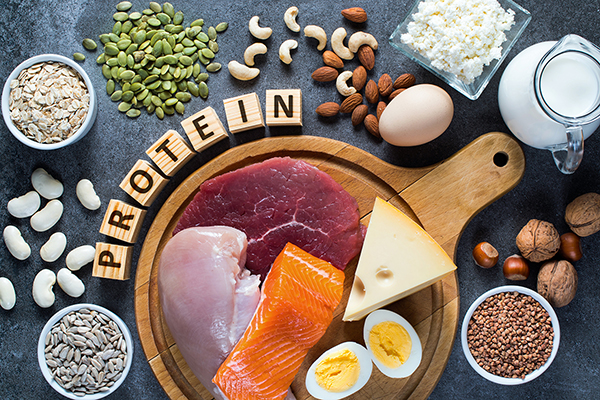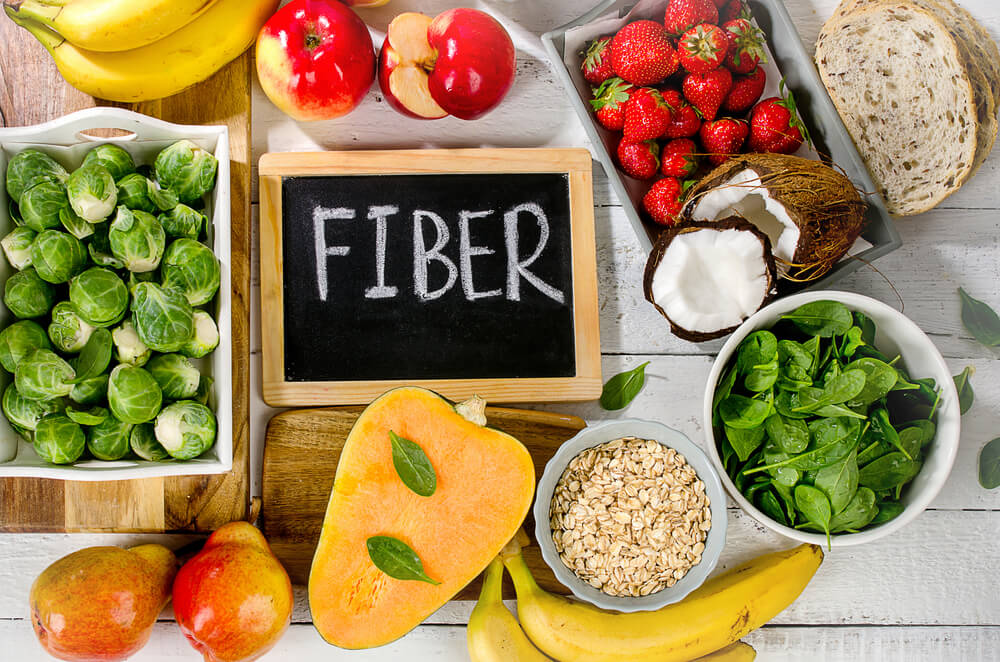If social media has drawn you into the latest diet and wellness trends, you’ve likely seen the buzz around high-protein diets like keto or carnivore. Protein-packed recipes and fitness influencers have led many to prioritize protein, but are we missing out on other critical nutrients in the process? According to dietitians, this protein obsession might come at the cost of a nutrient most of us are deficient in: fiber.

(image: getty images)
Why Protein is Important but Not Everything
Protein is essential for bodily functions, from muscle maintenance to cellular repair. Dietitian Abbey Sharp explains that protein offers numerous benefits, including aiding in weight management and immunity. However, most adults get enough protein if they’re meeting their caloric needs, even without aiming for a “high-protein” diet.
The Protein Hype – Why Are We So Focused on It?
Social media’s spotlight on fitness and health trends has brought protein to the forefront. Registered dietitian Federica Amati shares that while protein helps build muscle, many people consume more than necessary, especially with so many protein-rich snacks and meal options available. The average adult, however, requires only 0.8 to 1.2 grams of protein per kilogram of body weight. Calculating your daily protein needs is simple: divide your weight in pounds by 2.2, then multiply by 0.8 and 1.2.

(image: getty images)
Read more: New Ultrasound Brain Treatment Shows Promise in Tackling Addiction
What Happens When You Eat Too Much Protein?
While protein has many benefits, overconsumption—particularly from animal-based sources high in saturated fats—can lead to health issues, explains Sharp. Excessive protein intake may increase the risk of kidney problems, kidney stones, colon cancer, and heart disease. Focusing only on protein can also mean neglecting other essential nutrients, like fiber, which offers substantial health benefits.
Read more: Top 3 Supplements You’re Wasting Money On: Insights from a Pharmacist
The Overlooked Nutrient – Why Fiber Matters
Fiber is crucial for gut health, satiety, and heart health, but most people aren’t getting enough. While protein is often overemphasized, fiber is what Americans are actually lacking. The Dietary Guidelines recommend that women consume 22 to 28 grams of fiber daily, while men need 28 to 34 grams.
Fiber is essential because it supports digestion and feeds beneficial gut bacteria, helping improve overall energy levels and making you feel full. Without enough fiber, you miss out on these health benefits, which can make maintaining a balanced diet harder.

(image: getty images)
Read more: Top Winter Sun Holiday Deals for Guaranteed Sunshine
Boost Your Fiber with These Foods
To increase your fiber intake, Amati suggests incorporating fruits, vegetables, whole grains, and seeds. Here are some high-fiber foods to help meet your daily needs:
- Legumes: Beans, lentils, and split peas
- Fruits: Apples (with skin), raspberries, pears, and blueberries
- Vegetables: Broccoli, Brussels sprouts, green peas, and potatoes (with skin)
- Whole Grains: Oats, farro, barley, and popcorn
- Seeds: Chia, flax, and pumpkin seeds
Amati recommends filling half of your plate with plant-based foods like veggies, a quarter with lean protein sources like chicken or tofu, and the last quarter with complex carbs like sweet potatoes or quinoa. For snacks, try pairing an apple with a handful of almonds to boost your fiber intake even further.
Find Balance in Your Diet
Protein is important, but don’t let it overshadow other essential nutrients. Balancing your intake with fiber can improve your overall health and help you feel your best every day.
Follow our page for more health tips and practical nutrition advice to keep your diet balanced and satisfying!


